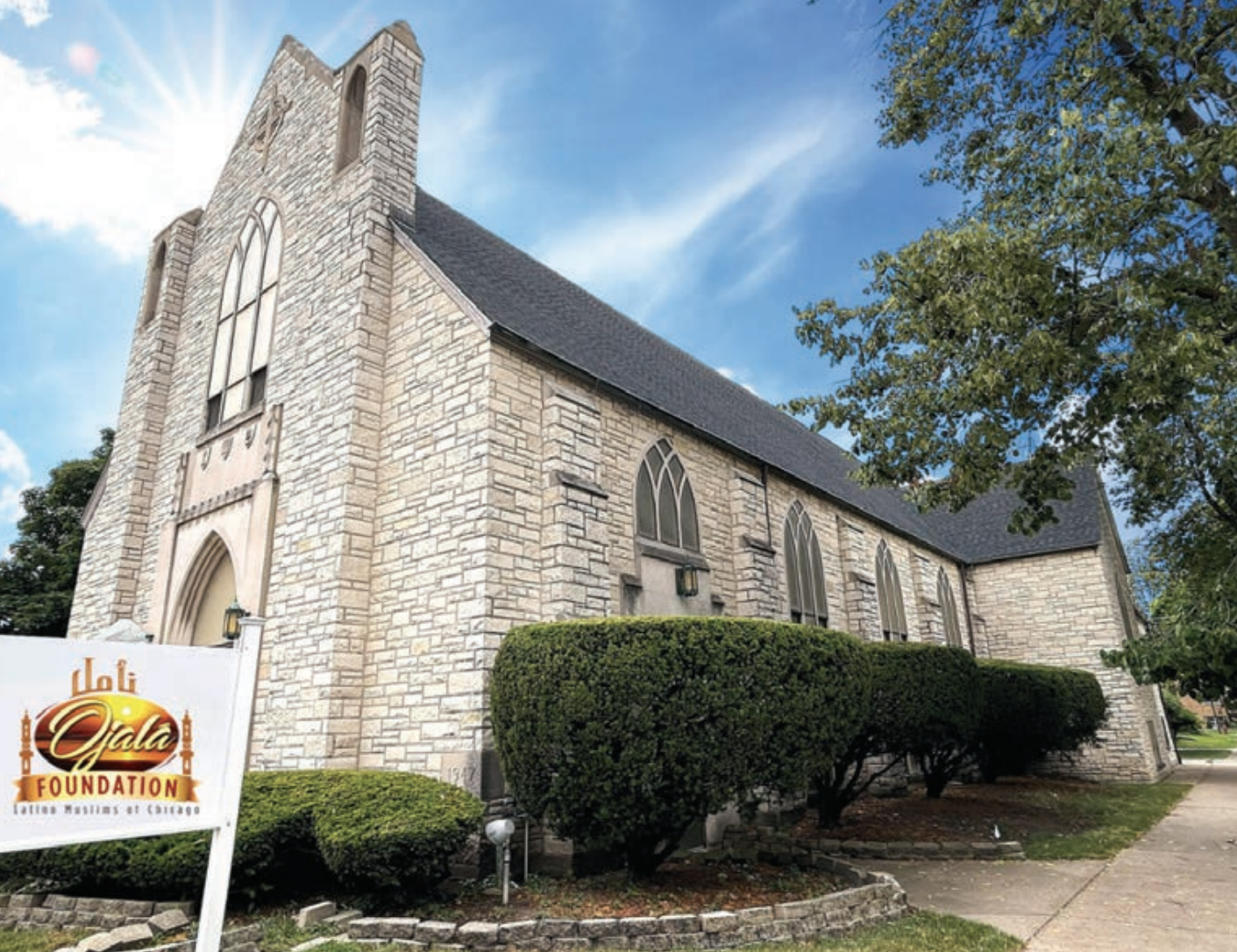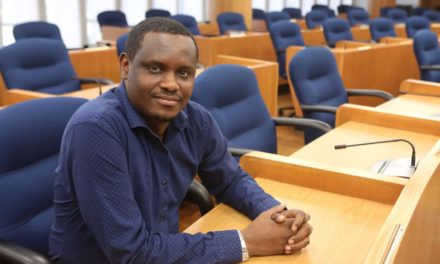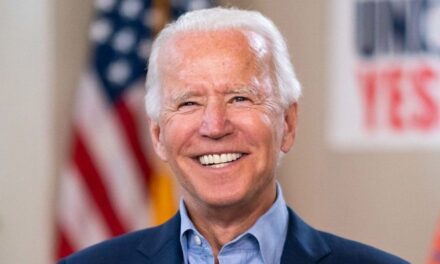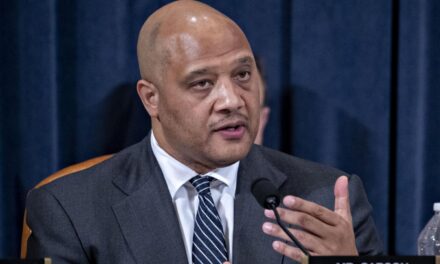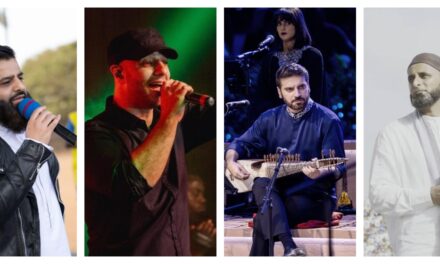Illinois is home to over 2 million Latinos, predominantly of Mexican heritage. Of that 2 million, about 820,000 live in Chicago making Latinos the second largest ethnic group in the city as of 2020. With that comes a flourishing Latino Muslim community. The Ojalá (pronounced o-Hala) Foundation is stepping up to meet the growing needs of Chicago’s diverse Latino Muslim community.
On May 5, the foundation, co-founded by Alma Campos, Wilma Lopez, and Imam Christopher Abdulkareem Pavlicek, purchased a historic church in the Chicago area. It plans to convert the church into the first Latino-led mosque in the Midwest.
A Historic Step for Latino Muslims
Before purchasing a space for a new mosque, the Ojalá Foundation offered programming in their homes, cars, and storage lockers. Now, it has a space that can effectively serve its community. “Our hope is to not only improve upon these existing projects but to also create a place where people in the community can come and learn job skills and find educational opportunities they may have not previously considered,” said Pavlicek. He shared how the new brick-and-mortar location will be repurposed into an Islamic center and mezquita (Spanish for “mosque”) and will include a large communal space and a kitchen.
Campos explained how unique this mezquita is in the community. “There is no other masjid space that has this focus or a convert-led board that has done something like this,” she said. “So many people are looking for this resource… to support the convert and Latino community in their areas. This is why the new mosque purchase is such an exciting and critical event for the community.”
The Ojalá Foundation and Latino American Muslims
Campos, a Chicago local, is a Mexican American Muslim who converted to Islam from a Catholic background over 20 years ago. She and other women founded Latino Muslims of Chicago to ensure that Latino Muslim converts were being supported in their new identity as Muslims. In 2018, Campos and Pavlicek, with the support of other community members, merged Latino Muslims of Chicago and the Ojalá Foundation.
The word “Ojalá” means “God willing” in Spanish, similar to inshallah in Arabic. “The word itself is often traced back to the Andalusian period of Spain and is used regularly in cases where a person is saying something in regard to hope,” said Pavlicek. “The word is very well accepted by Latinos across the United States.”
One of the Ojalá Foundation’s main features is offering convert care. This area is directed by community member Edgar Moreno, who is originally from Chihuahua, Mexico. His position as the lead convert care volunteer focuses on easing the transition of convert Muslims into their new lives. This is done through courses like Comprehensive Islam 101 and Arabic and fiqh courses which cover Islamic law and the tradition of jurisprudence in Islam. Moreno seeks to strengthen the community and spiritual bonds of Ojalá Foundation members.
“Part of this is formal education and part of it is rooted in the prophetic teachings,” said Moreno. There are weekly classes on the Fiqh of Worship taught in English and Supplications and Remembrances from the Sunnah of the Prophet Muhammad (salla Allahu ‘alayhi wa sallam) taught in Spanish.
Members organize and participate in neighborhood cleanups, back-to-school drives, and community barbecues, in addition to the Neighborly Deeds initiative through which they gather weekly to feed, clothe, and offer personal care to unhoused people in Chicago.
The organization also works on strengthening Latinos’ relationship with other Muslims . It emphasized the importance of recognizing the existence of Latino Muslims, and part of this recognition is creating a physical space where their identities are understood and represented. Campos emphasized the importance of Muslims building ties with the larger Latino community, and of course, of being kind to one’s neighbors regardless of their faith tradition.
“There is a diversity of Latinos, even though people often want to group us all together,” she reflected. She said when Latinos convert to Islam, there is usually a push to immediately adopt an Arabic-sounding name and change one’s identity entirely. Campos’ children, for example, are Palestinian and Mexican. She always tells them that they are 100% Palestinian, 100% Mexican, and 100% American, and they can embrace those cultures so long as they do not contradict Islamic tenets.
Many Latino Muslims rely on Spanish-language materials to learn about Islam. Ojalá Foundation takes seriously the need for Spanish-language khutbahs and lectures. During the Eid al-Adha khutbah, for example, Moreno gave the khutbah in Spanish, translated it into English, and recited Qur’anic verses in Arabic.
At the Eid celebration, Latino food like tacos and empanadas were served alongside biryani and there were several piñatas for the children to hit. While most of the celebrants were Latino Muslims, Muslims from many ethnic backgrounds also felt welcomed and included in the celebration. Many of them also included mixed backgrounds such as Egyptian Mexican and Palestinian Mexican families.
A Resource for All Area Muslims
Pavlicek shared the community that comes to Ojalá events is possibly the most diverse crowd that he has seen outside of Mecca and Medina. He said that the Ojalá Foundation community never realized just how many American-born Muslims from Arab and Asian communities were struggling to fit in with local communities often built for and with the immigrant population in mind. “While we are focused on and catering to the Latino Muslims of our immediate area and all those seeking us out online, we are catering to everyone,” Pavlicek said. “Chicago and the surrounding areas now have a roughly 30% Latino population with approximately 6 million total living in the surrounding states of Indiana, Wisconsin, Michigan, and Missouri.”
Campos and Pavlicek discussed further opportunities and challenges with the growing community and the purchase of the church-turned-masjid. For example, the Immigration Customs and Enforcement (ICE) raids impact the community along with the Trump administration’s policies on immigrants, documented and undocumented. Some members of Ojalá Foundation informed Pavlicek that due to fear, they would not be able to attend in-person events. Ojalá Foundation has been offering more online options to ensure that no one will be left out.
Many Chicago Muslims have been supporting the Ojalá Foundation’s work, strengthening the bonds of the ummah. Campos said the community members are not competing with anyone. They want success for all the Muslims. “It’s all for the sake of Islam and for [God],” she said. “Al hamdu lillah, the sincerity of Ojalá Foundation is seen by other Muslim community members. We ask [God] to accept our actions and to remain together as an ummah.”
